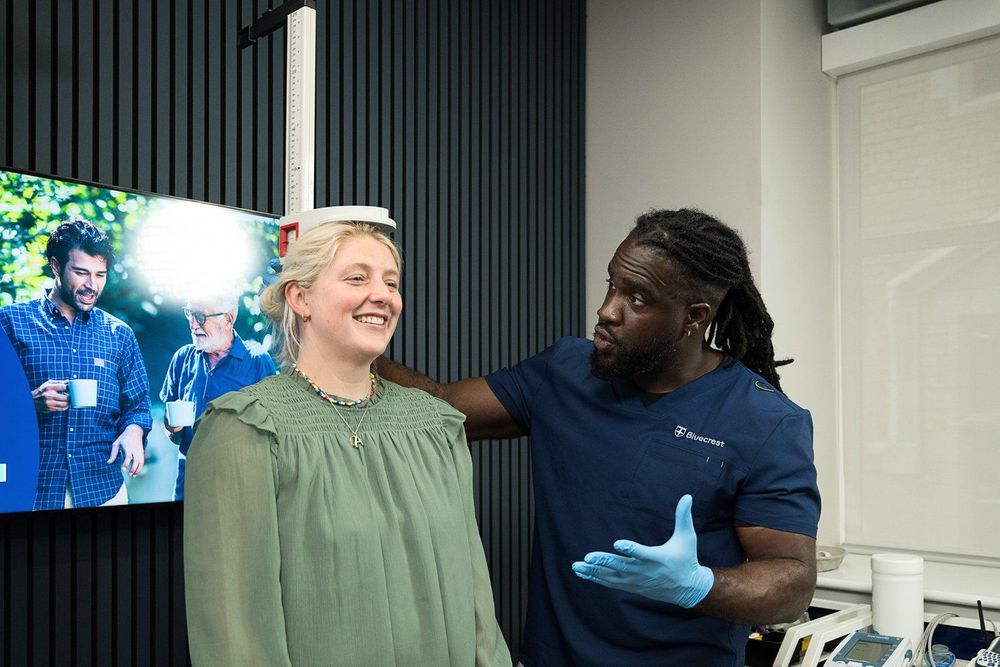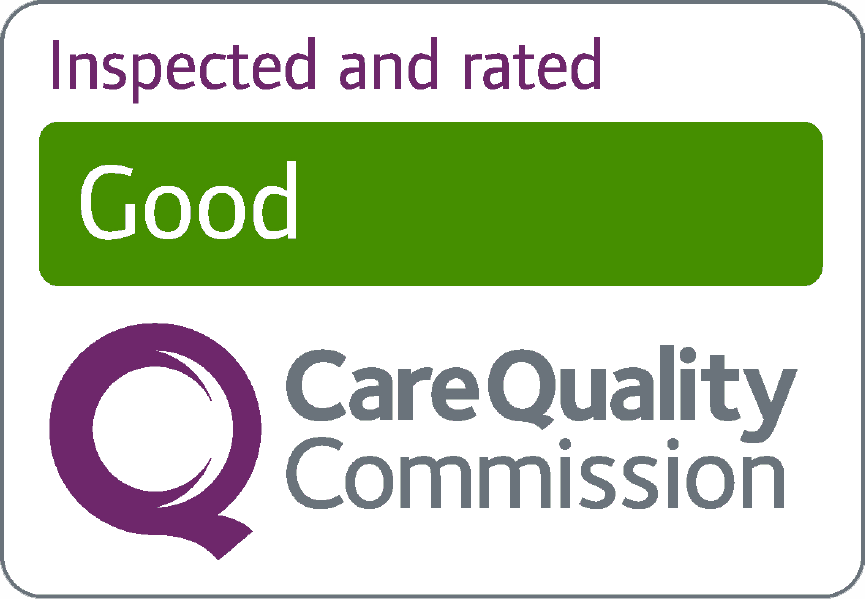
How to Improve Your Metabolic Age
Metabolic age is a key indicator of how your body is functioning compared to your actual age. A higher metabolic age may suggest underlying health issues or lifestyle factors that could be putting extra strain on your body. The good news is, there are practical ways to help improve your metabolic age - many of which involve simple, sustainable changes to your daily habits.
In this article, we look at what influences your metabolic age and the steps you can take to improve it - from nutrition and exercise to long-term lifestyle habits and regular health checks.
Understanding metabolic age and its impact on health
Metabolic age reflects how efficiently your body is functioning compared to others in your age group. While it’s not a medical diagnosis, it can offer valuable insight into your overall health, especially when viewed alongside other health metrics.
A higher metabolic age may point to areas that could benefit from lifestyle changes - such as increasing muscle mass, improving diet quality or becoming more active. Over time, even small adjustments can make a measurable difference to your body’s performance and long-term health.
The role of nutrition in lowering your metabolic age
What you eat has a direct impact on how efficiently your body functions - and by extension, your metabolic age. A diet lacking in key nutrients can slow down your metabolism, while balanced, nutrient-rich meals can help improve energy production, muscle maintenance and overall health.
Protein plays a particularly important role in lowering metabolic age, as it supports muscle growth and repair. Muscle burns more calories at rest than fat, so increasing your lean muscle mass through both diet and exercise can help your body work more efficiently.
Other nutrition tips to support a healthier metabolic age include:
-
Choosing whole foods over processed options
-
Including fibre-rich foods like vegetables, legumes and whole grains
-
Staying hydrated, as water supports metabolic function
-
Limiting added sugars and refined carbs, which can contribute to fat storage and energy crashes
Improving your metabolic age doesn’t mean following a restrictive diet - it’s about making consistent, sustainable choices that support your body’s needs.
How exercise can help improve your metabolic age
Exercise is a powerful tool for lowering your metabolic age. By supporting energy efficiency, maintaining a healthy weight and boosting your basal metabolic rate (BMR), regular physical activity helps your body perform at its best.
Strength training is particularly effective, as it builds lean muscle - which burns more calories than fat, even at rest. But a balanced approach that includes both resistance and aerobic activity offers the greatest benefit.
Here are some of the key ways exercise supports a healthier metabolic age:
-
Builds muscle mass – Strength training increases lean muscle, which raises your resting metabolic rate.
-
Burns excess fat – Cardiovascular workouts help reduce fat stores and improve your body composition.
-
Supports heart health – Aerobic activity improves circulation and oxygen delivery, enhancing metabolic efficiency.
-
Boosts energy levels – Regular movement can help you feel more energetic and focused throughout the day.
-
Improves insulin sensitivity – Exercise can help your body use glucose more effectively, which supports a healthier metabolism.
You don’t need to follow an intense training plan to see results. Incorporating regular movement - whether it’s walking, cycling, swimming or bodyweight exercises - can make a meaningful difference over time.
Lifestyle habits that influence metabolic age
Beyond diet and exercise, your everyday habits can have a big impact on your metabolic age. Sleep quality, stress levels and even how much you move during the day all influence how efficiently your body functions.
Here are some of the most important lifestyle factors to be aware of:
-
Sleep – Consistently getting 7-9 hours of quality sleep each night supports hormone balance and allows your body to recover and repair. Poor sleep can slow your metabolism and lead to weight gain over time.
-
Stress – Chronic stress raises levels of cortisol, a hormone that can disrupt metabolism and encourage fat storage - particularly around the abdomen.
-
Daily activity levels – Even outside of formal exercise, regular movement throughout the day (like walking, stretching or standing) helps keep your metabolism active.
-
Alcohol and smoking – Excessive alcohol and smoking can interfere with nutrient absorption, lower energy levels and impair metabolic function.
-
Hydration – Staying well-hydrated supports key metabolic processes and helps regulate appetite and energy levels.
Small, consistent improvements to these habits can gradually lower your metabolic age and lead to better long-term health. It’s about creating a routine that works with your lifestyle - not against it.
The importance of consistency in improving metabolic age
Improving your metabolic age isn’t about quick fixes or drastic changes. It’s about creating lasting habits that become part of your everyday routine. Consistency is key when it comes to seeing meaningful results over time.
Whether it’s sticking to a balanced diet, maintaining a regular exercise routine or prioritising good sleep, small daily actions add up. The benefits of these habits aren’t always immediately noticeable, but over weeks and months, they can have a significant impact on how your body functions and how efficiently it burns energy.
Key points to remember:
-
Small changes over time – Consistent improvements, no matter how small, can lead to lasting changes in metabolic health.
-
Patience and persistence – Results may not be immediate, but steady efforts will eventually pay off in the form of a healthier metabolic age.
-
Forming long-term habits – Quick fixes are rarely sustainable. Building habits that fit into your lifestyle will help you maintain a lower metabolic age in the long run.
By making consistency a priority in your health routine, you can effectively improve your metabolic age and boost overall wellbeing for years to come.
Take control of your health with metabolic age tracking
Tracking your metabolic age is a powerful way to understand how your lifestyle is impacting your overall health. A clearer picture of your metabolic age can help you make informed decisions about the changes you need to make to support your health and energy levels.
To get a detailed assessment of your metabolic age and key health metrics, consider booking a Complete Health MOT with Bluecrest Wellness. With personalised results and expert guidance, you can take the next step in optimising your health.




























